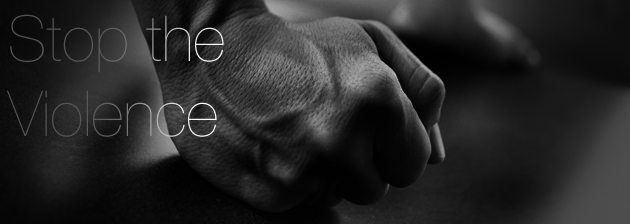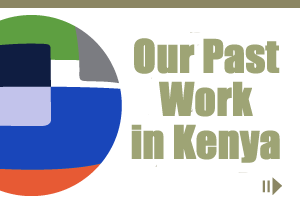In February 2012, husband beating in Central province became a major media story. References were made to an alleged threat to masculinity. The debate took on a fairly virulent trajectory especially in social media where radical views are often expressed. As a response, Internews hosted a media roundtable discussion event in Nairobi, which discussed the underlying causes and consequences of men being beaten. It gave journalists covering health and conflict issues the tools to constructively report on gender based violence. The roundtable titled: “Violence against men in Nyeri: a missed story” linked the beatings to a dysfunction of women empowerment in the region. In Nyeri, efficient family planning campaigns, a high level of education among women and examples of strong women leadership seem to have encouraged women to take the lead, not only in family affairs, but also in business and political affairs. This has shaken the local patriarchal systems of governance.
At the end of the roundtable, Internews made calls for the journalists to apply for travel grants to enable them do more in-depth stories on the issue.
In response to the call, Internews received seven applications. A jury composed of Jacque Ooko, Dolphine Emali, Dorothy Otieno, Rachel Macharia and Lydia Mwangi selected three journalists who would travel to Nyeri to report on the Gender Based Violence stories.
The jury selected the following applications:
- Patience Nyange (AMWIK/Freelance Standard) -Print
- Joyadams Munene (Dayster Shine Fm) Radio,
- Paul Odwori and Brian Wasike KBC TV.
The jury explained its choice with the following rationale:
1. Patience Nyange - AMWIK/Freelance Standard
The panel felt Patience presented a strong story idea: family values. Patience has the desire to do in-depth research on the underlying factors that cause Gender Based Violence (GBV) and to examine how patriarchy affects men, i.e. the (false) notion that men are immune to pain and that they should be sole or better providers than women.
2. Joyadams Munene (Dayster Shine Fm) Radio
Joyadams also presented a powerful story idea: the cultural aspect of GBV. Our society is moving away from the traditional African family, had well defined roles. The husband was the head of the home and was expected to provide for the family and protect them. A woman’s place was believed to be in the kitchen. A wife beating her husband was unthinkable. His story angle will not just focus on why women beat men but try to unravel what changed, and why?
3. Paul Odwori and Brian Wasike KBC TV
This team is planning to undertake a number of steps to establish the authenticity of men battering claims, through a series of investigative journalistic techniques, including a visit to the hospitals where battered men receive treatment. They will interview the doctors and access medical records, also critically interview battered men and access their alleged injuries. They will also visit the wives of the men for in depth interviews and have a focused discussion with village elders to establish the underlying causes of husband battering.
Internews wishes the winners of this mentored travel grant all the best as they pursue their stories in Nyeri. There will be other similar opportunities in the coming months.




